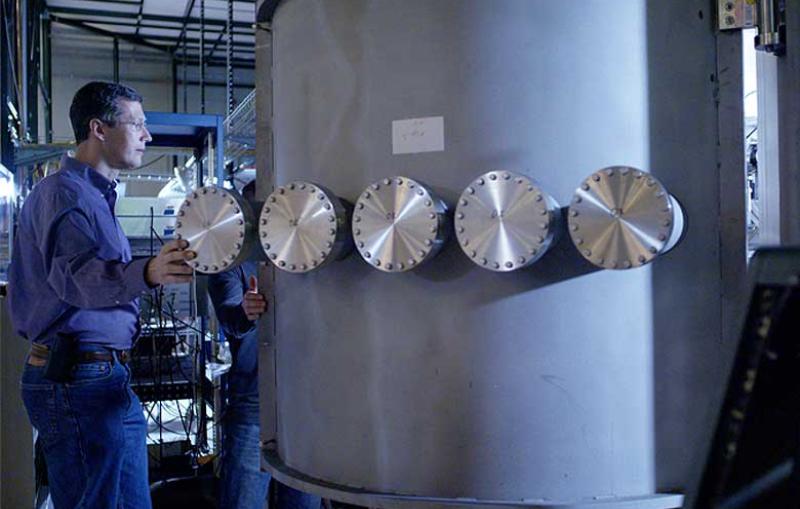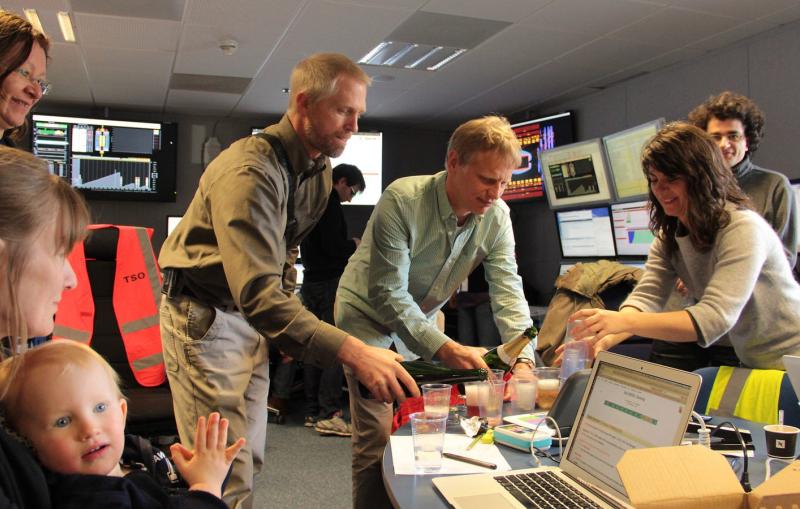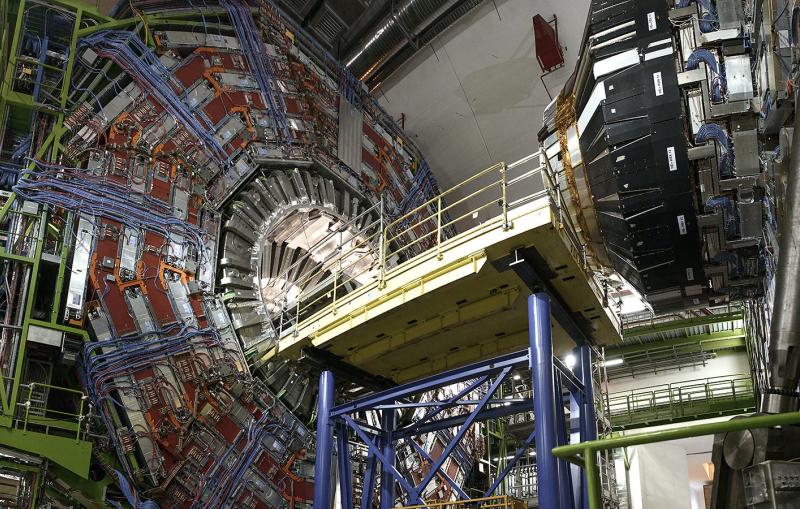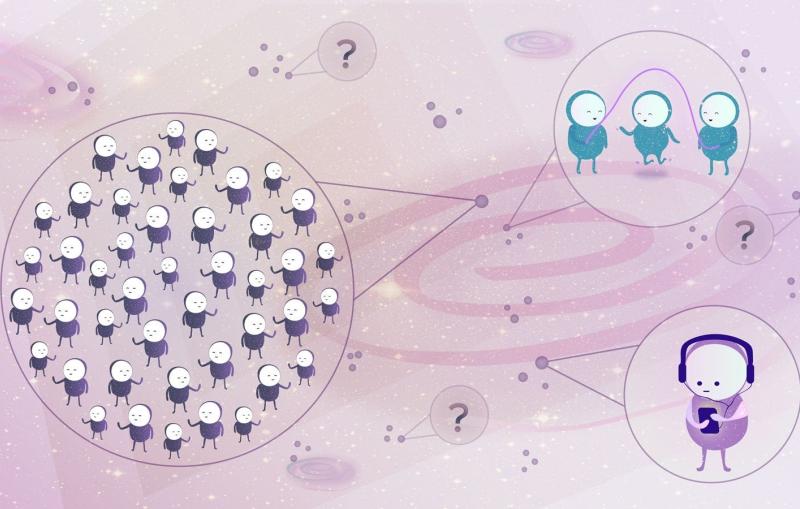News Feature
VIA Stanford News
Stanford Scientists Celebrate Technological Advances that Finally Made Gravitational Wave Detection Possible










Working at the forefront of particle physics, SLAC scientists use powerful particle accelerators to create and study nature’s fundamental building blocks and forces, build sensitive detectors to search for new particles and develop theories that explain and guide experiments. SLAC's particle physicists want to understand our universe – from its smallest constituents to its largest structures.
Related links:
Physics of the universe
Elementary particle physics









